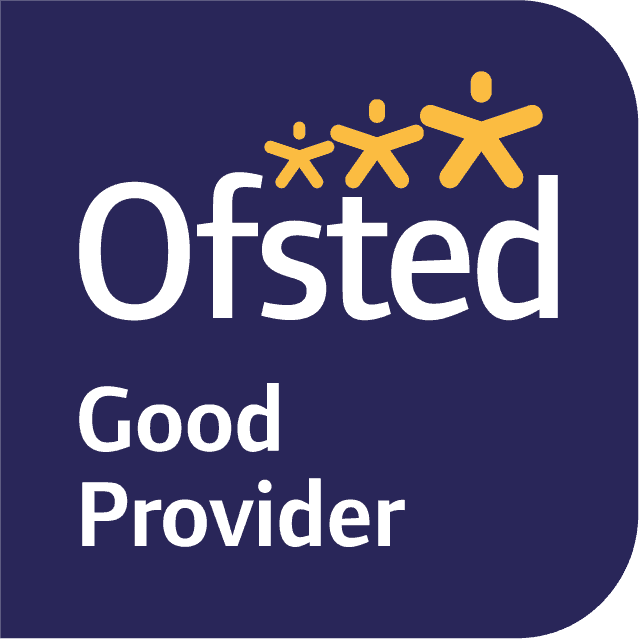Personal, Social and Health Education
What do we teach in PSHE and why?
At St Philip’s, we want our children to experience life in all its fullness. It is essential, therefore, that our children have a deep understanding of themselves, our shared values, their place and responsibilities within society and how best to navigate the challenges of the modern world. By studying PSHE, the children are able to explore each of these core concepts within the safety of a nurturing classroom environment. Our PSHE curriculum is designed to equip children with the skills to thrive under the pressures and demands they may face within their lives for we can only prepare our children for the road before them. We want them to be confident individuals with high self-belief, compassion for others and personal integrity. In order to support our children with their development as a child and into their future, our PSHE curriculum encourages the children to respect and value themselves as special and unique; to appreciate and celebrate others and build healthy relationships with them and to respect the world and make positive change within it as a global citizen. As part of our stimulating, supportive and inclusive Christian school, our curriculum ensures that the children experience a relevant and engaging programme of study which allows the children to reflect upon their own experiences as well as explore and celebrate those of others. Our PSHE curriculum is planned and delivered to ignite the key skills of reciprocity, resourcefulness, resilience, curiosity and reflectiveness and teaches these skills intertwined with knowledge about the world which will ensure that our children go on to be independent, inquisitive citizens of the world who are able to use the skills and knowledge they have learned within their learning journey at St Philip’s, to positively impact and serve those around them.
How do we teach PSHE?
Personal, Social and Health Education goes on as staff interact with children throughout the school day, not just in PSHE lessons. PSHE is at the heart of what we do at St Philip’s—developing the whole child. Using the class charters which the children have written with their class teachers, a classroom environment is established to allow for relationships to be modelled and nurtured. We want children to have a sense of belonging, within the class and also as part of our whole school community. Within this respectful environment, the children are taught about relationships, healthy and safer lifestyles, citizenship and economic wellbeing using a sequenced programme which allows children to make links between and build upon prior knowledge. Within their timetabled PSHE session, teachers ensure that the needs of their children is met by adapting the resources provided within the Cambridgeshire Personal Development Programme which we subscribe to. As with all subjects at St Philip’s, the children are often hooked using an ambitious text or with an engaging experience which leads them to question and wonder about what they have experienced. To deepen the children’s understanding of key concepts such as ‘positive relationships’ children are facilitated to ask and answer questions about the concept and to discuss and debate their ideas using scenarios from school or from the wider world. This ensures that children understand the core purpose of PSHE— to give children the best chance to lead happy, healthy lives and to be responsible citizens who can flourish and serve as they take their place in the world. Within PSHE, we make use of a range of high quality resources including resources from UNICEF in relation to the UN convention of the rights of the child. We ensure that our PSHE curriculum is taught in a way which creates global citizens who respect and support the rights of others.
What do we see as a result in PSHE?
We know that we have been successful in delivering upon our curriculum intent in PSHE, when children are able to articulate their understanding about themselves, their relationships and their rights and responsibilities to serve both at school and in the wider world. We monitor our PSHE curriculum both in terms of learning outcomes and through the development of the whole child. We know that our PSHE curriculum has been successful when our children are confident and respected at school and demonstrate that everyone is valued through their words and actions. Classroom practitioners monitor the children’s understanding of these concepts, their attitudes and their development of life skills through facilitating discussion and practical opportunities both within and outside the classroom. Practitioners monitor these discussions to understand and challenge the children’s depth of understanding and record their observations on a responsive planning document which enables them to track the children’s development. At St Philip’s, we recognise that it is through these concept exploration discussions, that deep learning occurs. We demonstrate the value that these discussions have upon the children’s learning journey in PSHE by capturing these learning opportunities within our class PSHE floor books as well as individual PSHE books (which follow the child through the school.) Children are then able to generalize these skills across the curriculum by using the floor books as a tool to reflect upon their learning journey. They can also access them to aid them in retrieval in the low stakes quizzing and lookbacks which are one of the ways in which classroom practitioners reflect upon the success of the PSHE curriculum. Practitioners use a range of both summative and formative assessment to evaluate the impact of the curriculum and address planning development needs accordingly.
Curriculum Framework - Cambridgeshire PSHE Service


